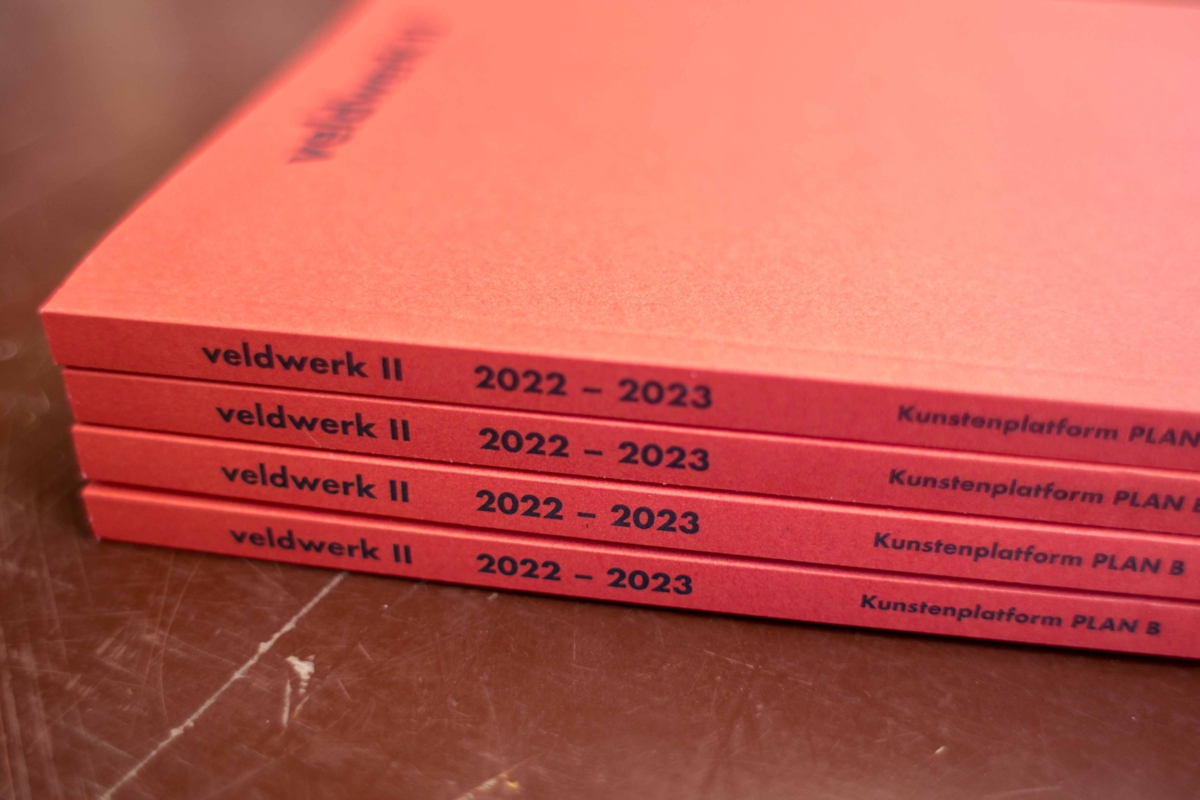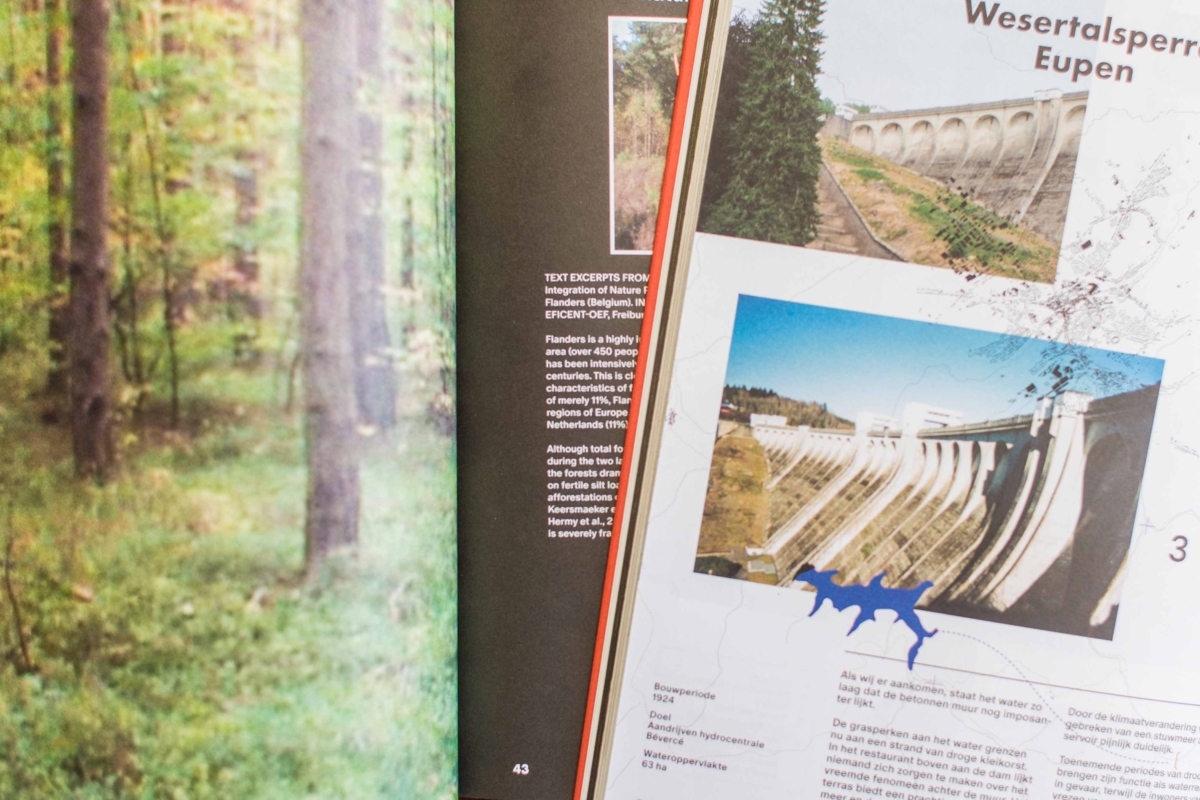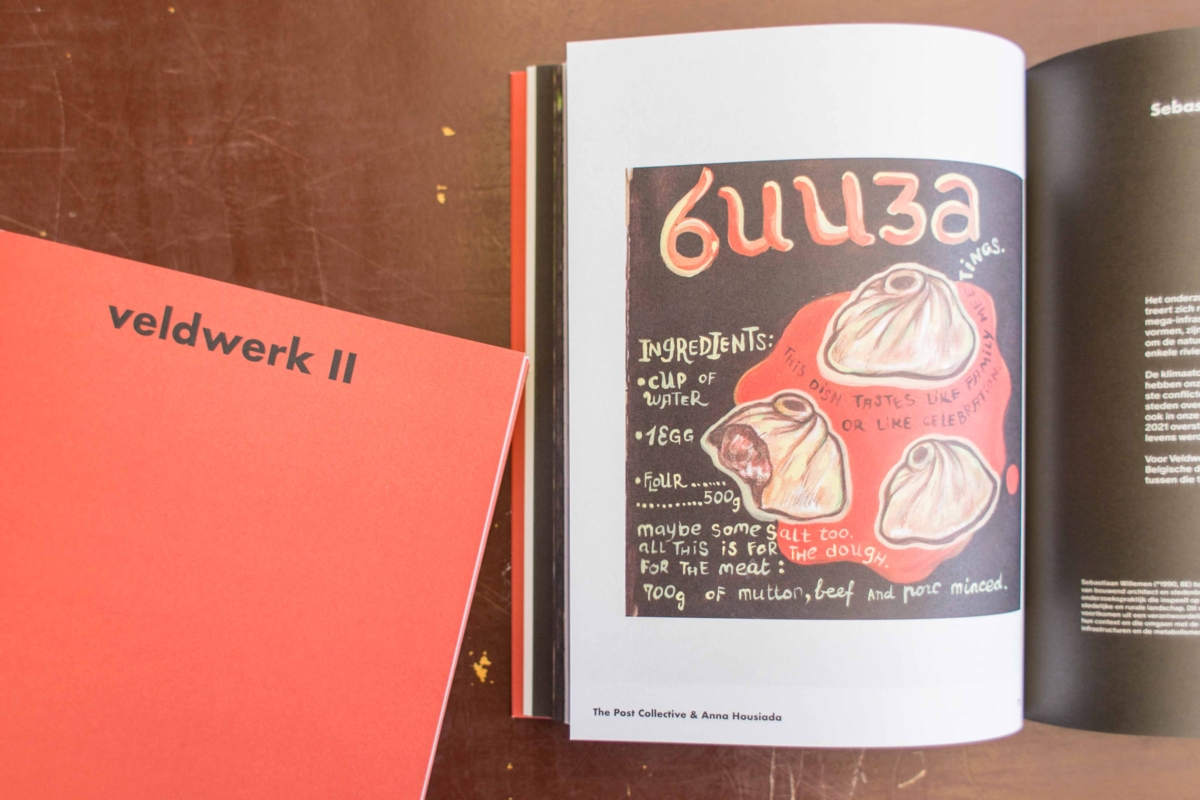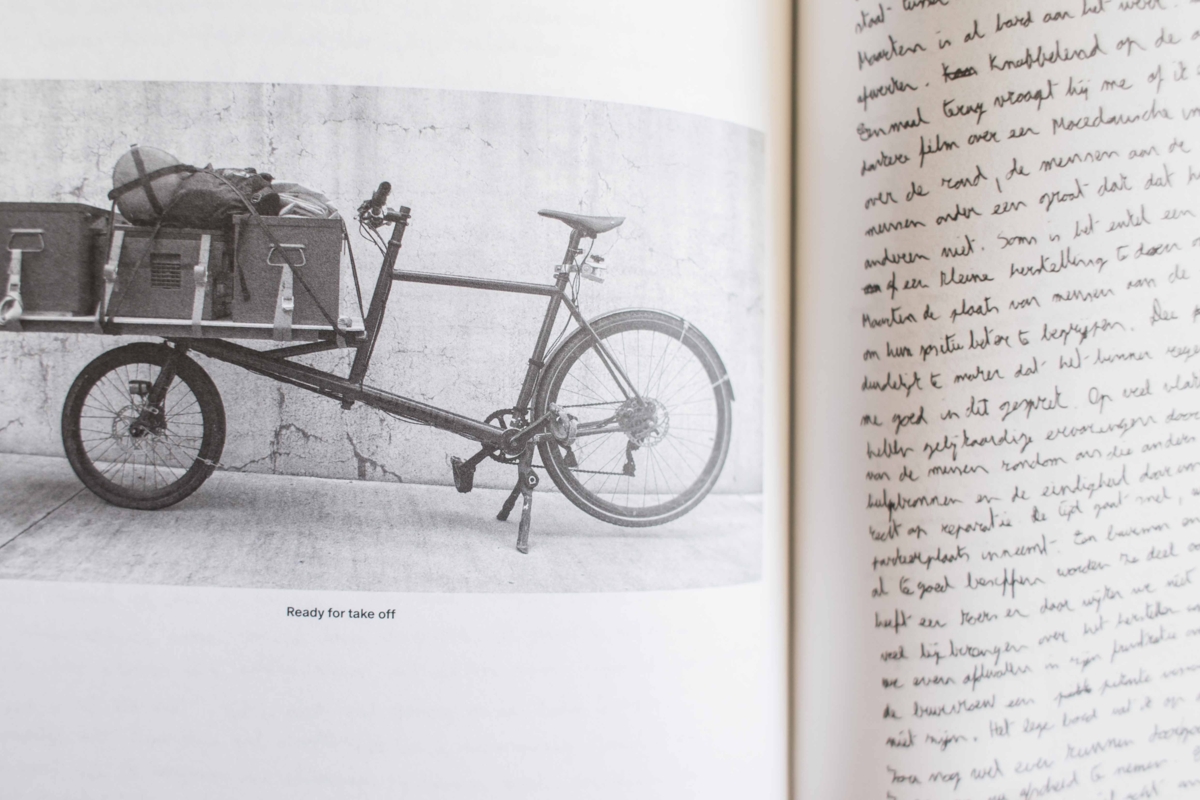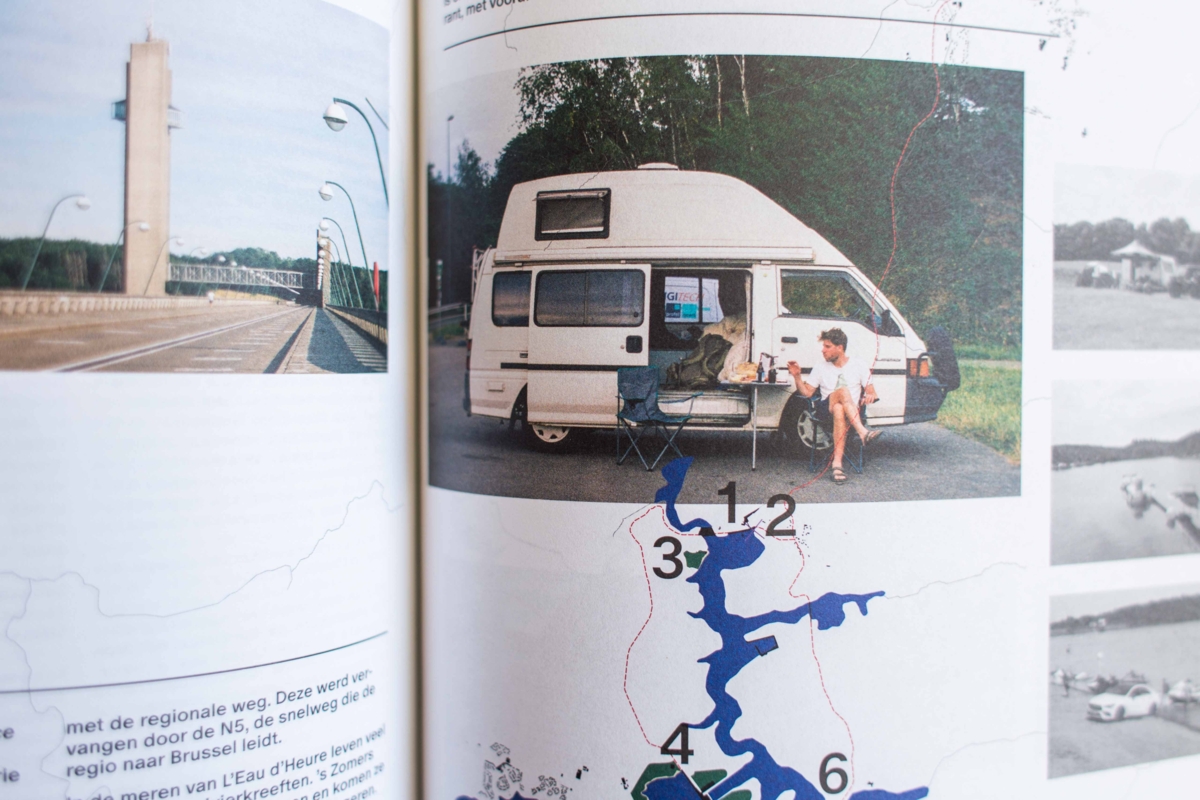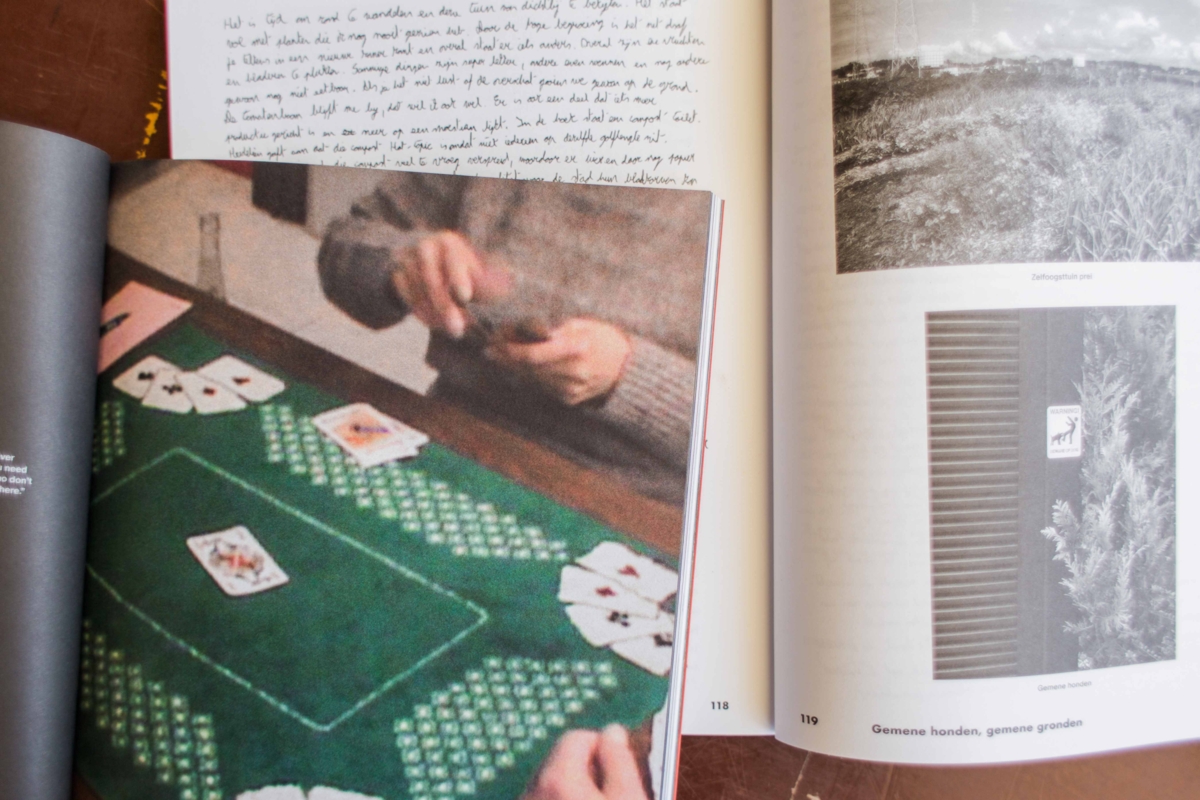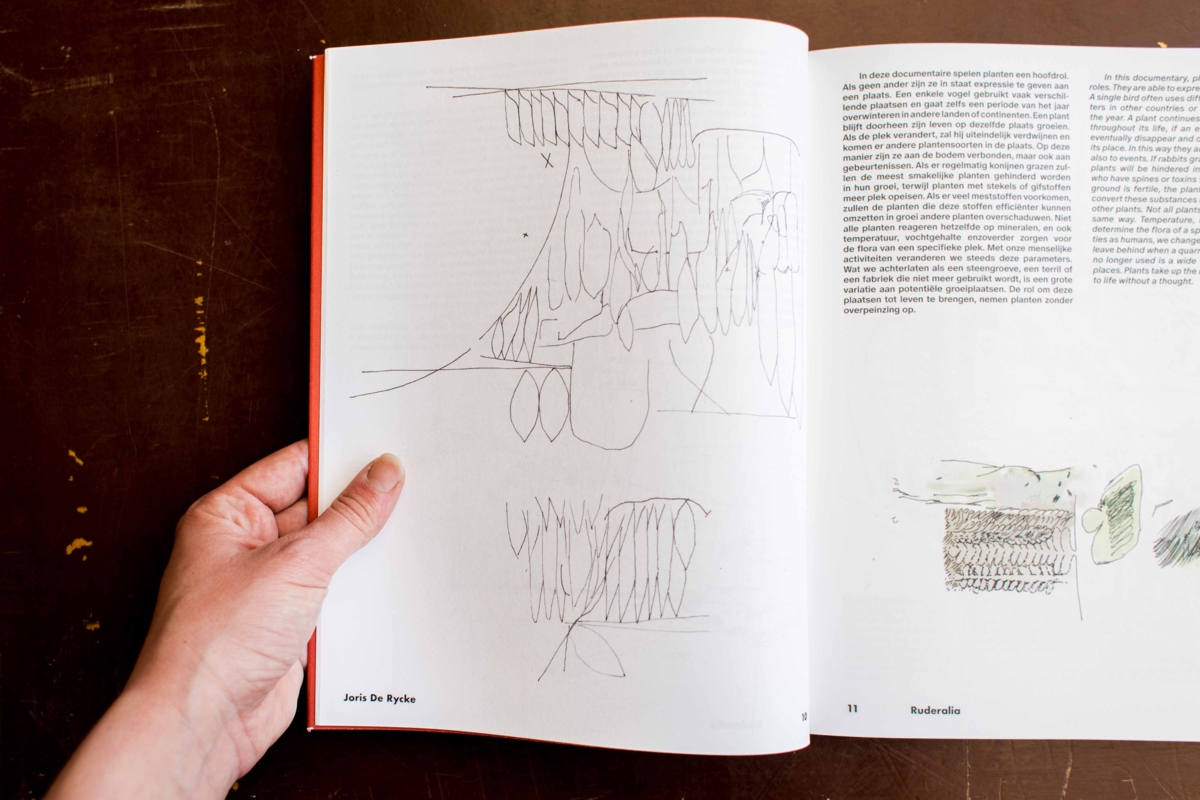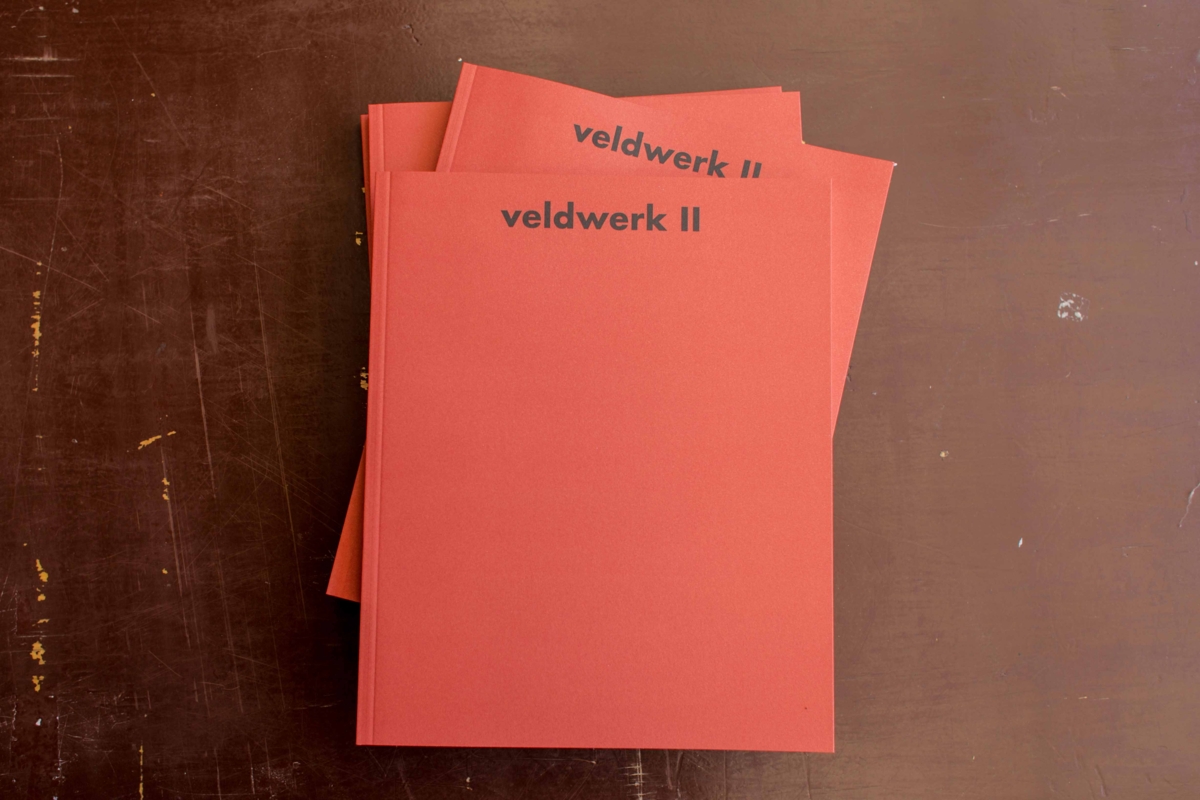Publication Fieldwork II
With Veldwerk, arts platform PLAN B invites a group of artists each year to conduct artistic research in rural areas. During the second edition in 2022-2023, these artists were Joris De Rycke, Karolina Michalik, Sebastiaan Willemen & Lola Daels, Lucas Devolder, The Post Collective & Anna Housiada, and Daems van Remoortere & Fallow.
Each of them tackled very diverse themes: from commons to saline agriculture, from labour migration to the influence of dams on ecosystems, from a nature documentary to research into how we can relate to new landscapes. More information can be found here.
As with every edition of Veldwerk, these projects were compiled in a publication documenting and exploring the process of the various investigations.
The publication is available for purchase via a Pay What You Can system of 10-15-20 EUR.
It can be collected in Ghent or Brussels or sent by post (+ postage costs, approx. 4 EUR).
Order the publication here.
Images © Leontien Allemeersch
